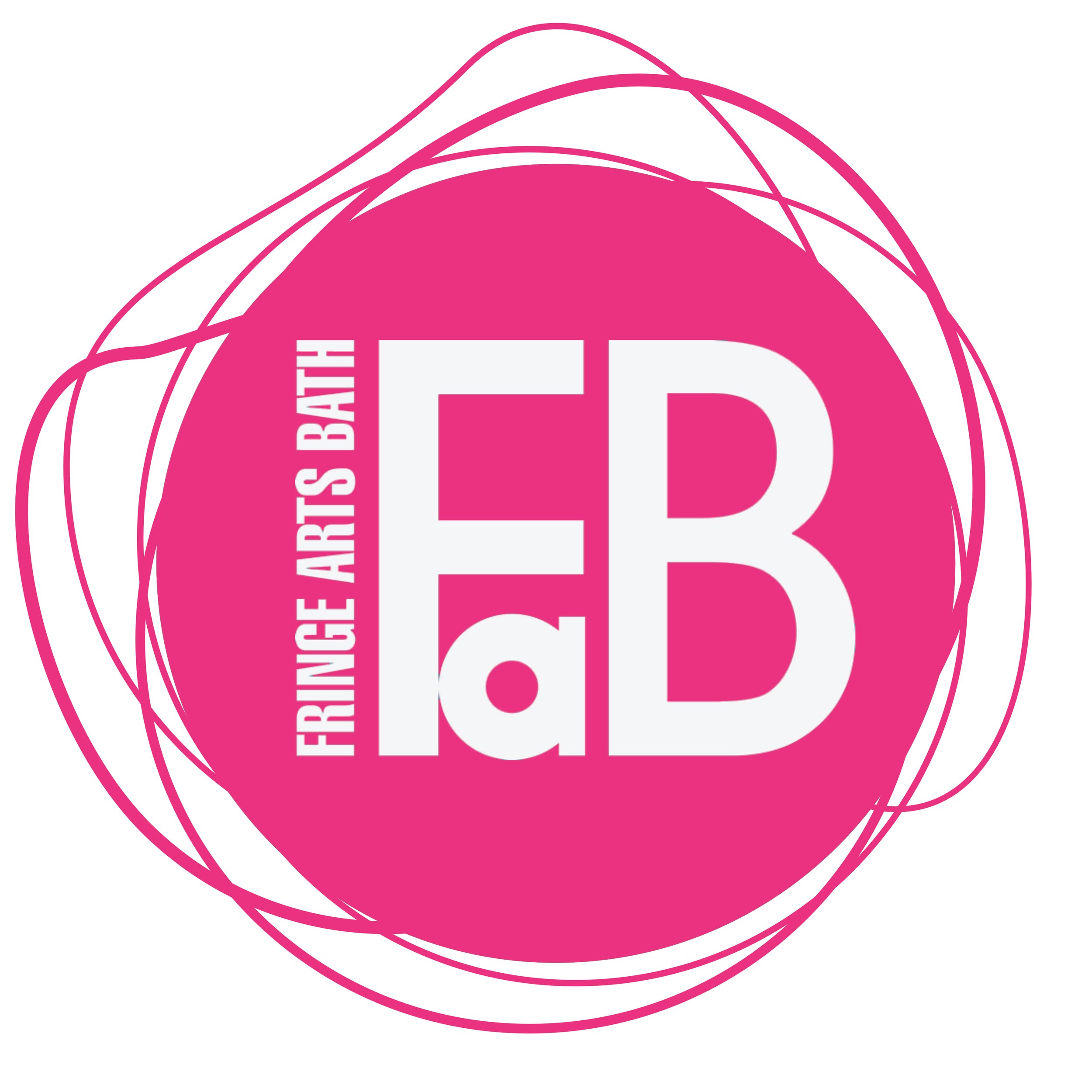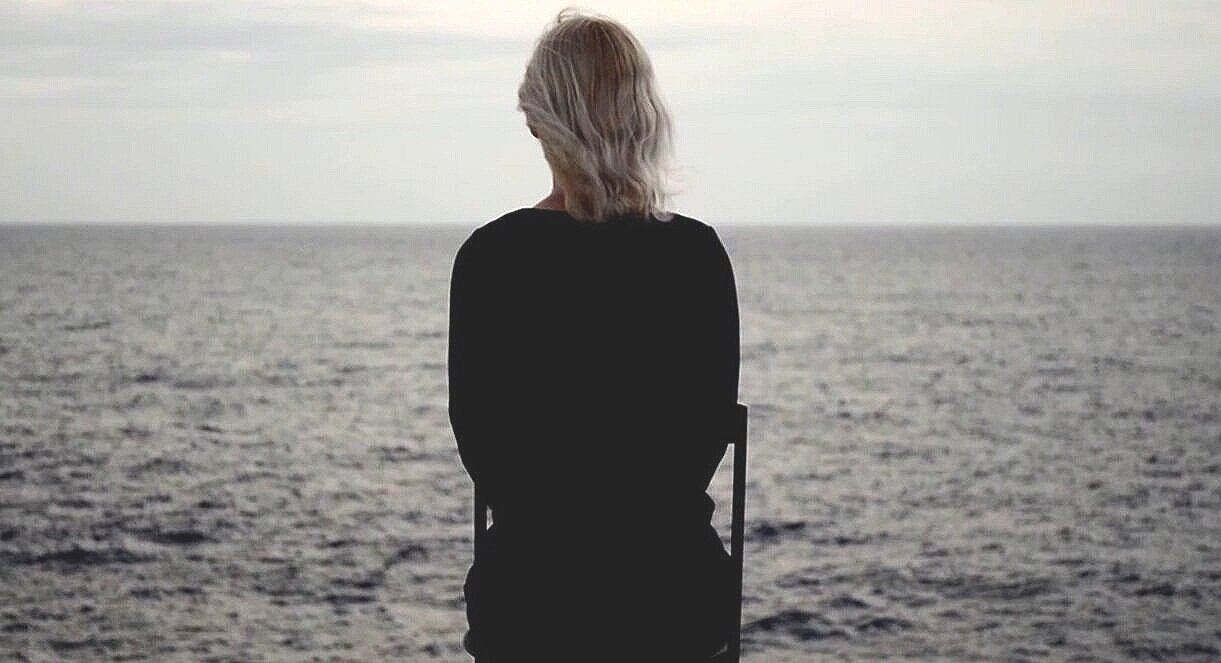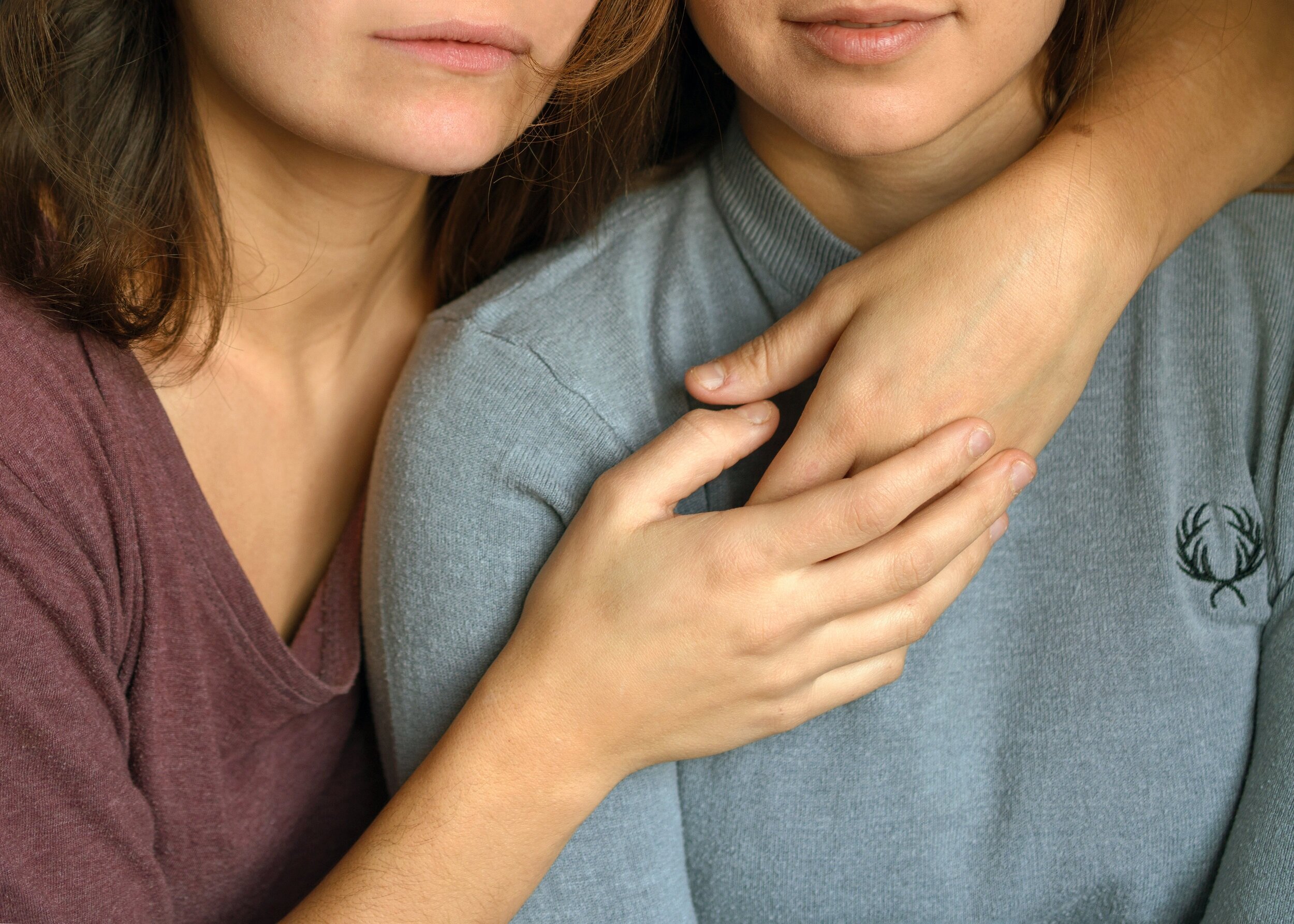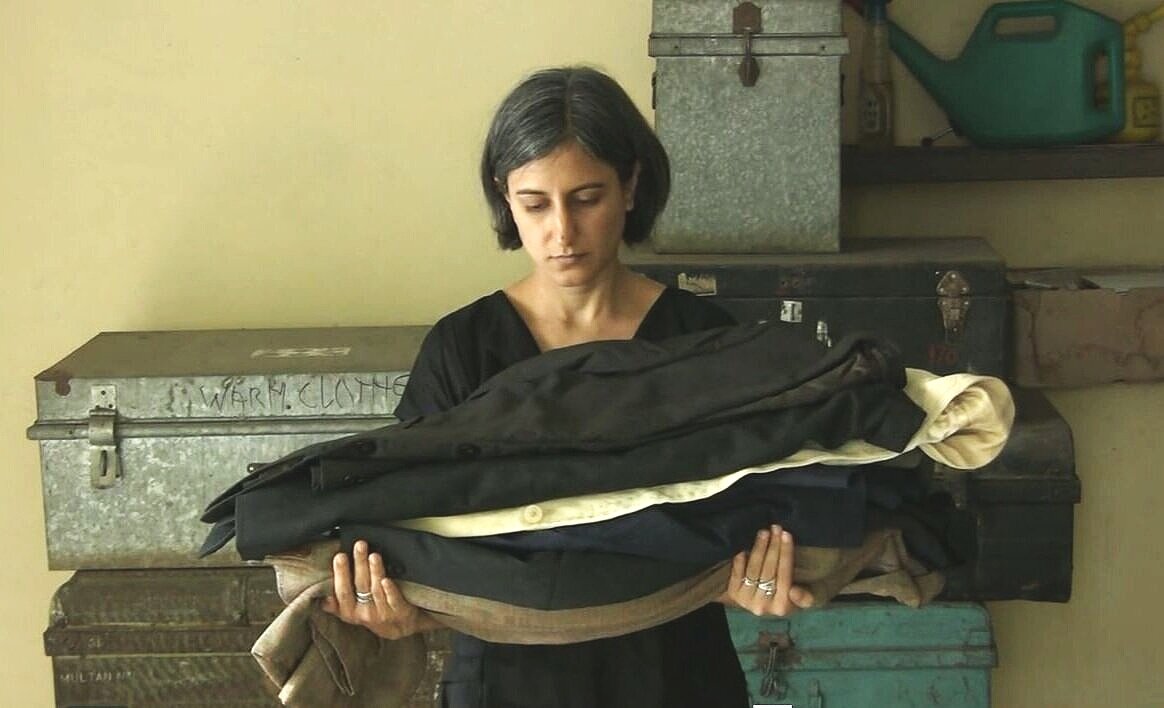The Sensation Of Home
According to the International Migrant Stock 2019 the UN revealed that the number of migrants worldwide has risen by almost a quarter since the beginning of the decade. By 2019, there were 272 million immigrants, 51 million more than in 2010. Over two fifths of all international migrants worldwide in 2019 had been born in Europe (61 million) or in Central and Southern Asia (50 million). So how does this affect the sense of home? Is home where you come from or the place you go? I ask what home means to someone who never lived where one comes from and if home is even a place to locate.
The search of home is deeply connected with the search of oneself, because someone does not always belong where someone started. While for some people the importance lays in the past, for others it is located in the future. Taiye Selasi (writer and photographer) asked a very interesting question during her TED Talk : “What are we seeking when we ask where someone comes from? And what are we seeing when we hear the answer?” We are much more than where we are from. Identity is something triggered by the outside but created by the inside. So when the focus shifts from looking for a locality towards creating a relation, home can be defined as the sum of all experiences which brought one closer to oneself. Home is then no longer on the outside but much more on the inside.
In conclusion, home can be where we come from. It also can be where we go. But by stopping movement, we can not only find the way home but also realise that home is where we are, because home is within.
FaB2020 presents artists who challenge the essence thought of home and reflect on the aspects of existence including ‘rituals, relationships and restrictions’. The exhibition focuses on both bliss and critical reflection and invites the artists as well as the audience to examine multiple alternatives and unexpected perspectives. What is the aesthetic of home? What does home mean in a multicultural and international time? Following are the answers of present artists!
Curated by Lisa Marinello
home@fringeartsbath.co.uk
ENDI TUPJA - YACHTCLUB IMPROBABILITIES
yachtclub improbabilities is the sensation of home I have been having since I came back to Tirana. I did not mean to stay though I am still here. Baroque poppin. Something about an excess of memories. The stubborn collecting instinct of a family gathered in years. Yachtclub Improbabilities is a small domestic film in the intimacy of the intersection between a library and a cupboard, heavy on objects and impressions. The spoken text is a result of a collage of words meant less for the library and more for the cupboard. Post earthquake attempted reflections on objects that crack and do not, in the fullness and precariousness of home. There was an earthquake first and then a virus. I am confronted with the cupboard in the daily silence. It looks at me and I look back. We are isolated. The sensation of objects falling down has vanished a little. Now it's more about being stuck. There is a lock down. But the cupboard still looks at me the same way. And I am forced to look back. (You can have a look too.) I am home the cupboard says. I still feel an immigrant I reply. I cannot go any more go back to your country than this. Yet there is an instinct of permanent unsett ledness .
„Yachtclub improbabilities, il problema dell'arte, 01487 0343513702, L'art contemporain est délibérément conçu pour que les gent normaux se sentent bĕtes, opening 19 aprile 2012, jetzt 1 Euro, en direct de, guardare non è semplice come sembra, on a tous un patte creative, un favori, l'abus d'alcool est dangereux pour la santé, A consommer avec modération, troppo tardi, too late, trop tard, zu spät, shume vone, too much home.“ (Yachtclub improbabilities, the question of art, 01487 0343513702, contemporary art is deliberately concieved to make normal people feel like beasts, opening 19th of April 2012, now 1 Euro, live from, to see is not as easy as it looks, we all have a creative limb, a favorite one, the abuse of alcohol is dangerous for one's health, consume moderately, too late!)
The cupboard tells me stories. Words glued on its limbs. Or is it more a library? It feels like all the existential teenage philosophies of all the Fernando Pessoas I have read, have always been there. Staring back at me. To see is not as easy as it looks. Even if there is a sofa involved and you are sitting just in front of yachtclub improbabilities. I added an s. I like plurals more. They are more hopeful. Make me feel like something good is about to happen.
BIOGRAPHY: Endi Tupja studied Languages and Cultural Studies at the University of Milan and European Media Studies at the University of Applied Sciences, Potsdam. The focus of her research is centered on experimenting with strategies of memory recuperation and the potential of re-enactment with time witnesses. Her approach explores the limits of (self) representation, as well as, its tangential relation to video art. In her work, vernacular intentions, immediacy and friction modes with the apparatus are employed to challenge the relation between corporality and the digital. She lives and works wherever she will get productive friction, spiritual and financial support.
A+B STUDHOLME - THREE WATERS: TEARS, TEA AND SEA
This film is centred around water that permeates every aspect of human life: our environments, our cultural rituals and our biology. It documents a highly personal tea ceremony performed by a mother and daughter on the shorelines of two different seas – the Mediterranean Sea and the Pacific Ocean. While facing the seas that separate them, they are cradling ceramic cups cast from each other’s hands. The cups, warmed by tea, evoke the warmth of each other’s touch and the ritual becomes a way of both confronting and overcoming their physical distance; of finding home by establishing a spiritual and embodied connection.
BIOGRAPHY: Alma and Brett Studholme are a collaborative artist-duo based in Sydney, Australia. Alma Studholme is a Croatian-Australian multidisciplinary artist working across installation, sculpture, ceramics, performance and video, and Brett Studholme is an Australian video artist and photographer. Alma is currently undertaking a fine art doctoral specialisation at the National Art School in Sydney. She also holds a doctoral degree from the University of Sydney for her interdisciplinary research in cognitive sciences, religious contemplative traditions and art practice. The duo have collaborated on a number of projects, the most recent being selected for the 2020 group exhibitions in Brussels, Belgium and in Sydney, Australia. Currently they are completing a range of video projects under the name A+B Studholme.
CAROLA CAPPELLARI - FAMILIA
Familia is an ongoing series started in 2017 which aims to explore the meaning of family in a migratory context, in particular the one relating to the city of London, where I have been living for almost five years. With the increasing rental cost of houses in the city, more and more common are situations where unrelated people share the same house or families rent part of their homes to strangers. These coexistences create new dynamics, where intimacy and trust are built day by day, the concept of privacy is revisited and the whole idea of coexistence is discussed. While initially questioning the changes of the traditional family pattern in relation to different London’s households, Familia slowly took on a more personal connotation, becoming an occasion to reflect on my own relationship with the Rule family, with whom I have lived for more than a year, and on the meaning that similar realities can assume for people like me, when searching for a sense of belonging to new places.
Alternating fiction and reality, Familia becomes an attempt to portray and understand that new reality of which I have become part, an ‘artificial family’, halfway between a cohabitation between strangers and a traditional family coexistence, inevitably leaving space for a personal reflection on the distance experienced in the past years from my own family in Italy and, more generally, on the different possibilities of intending a family.
BIOGRAPHY: Carola Cappellari is an Italian photographer currently based in London. She alternates autobiographical and documentary approaches to investigate themes of identity and belonging. Carola often uses herself as a subject, within narratives resulting in surreal and evocative images. Different media and objects, including mundane domestic references, are often combined into installations, providing the viewers with a more tangible and personal experience. Carola graduated with a Bachelor of Arts in Photojournalism and Documentary Photography from the London College of Communication and was selected in 2019 as one of the Aesthetica Magazine Next Generation artists.
NOELLE KING - PLACEMENT FOR PLUTO
The sense of home is found around the table. We and everything else on this earth are made from the dust of ancestral stars, the drifting, glittery gilings of the planets. Our celestial ancestors are very present, residing in the space of our bodies. I set a table for the cosmic ancestors to invite them home. Far away, our 9 th planet, despite the recent demotion (by some) to an icy dwarf in the Kuiper Belt, is invited as a planet/wanderer. This is a placemat for Pluto who can return home and be seated at the table.
wovan drawing, charcoal on paper 16’’ x 18’’
BIOGRAPHY: Noelle King is a visual artist living in New York City with a diverse practice. Her work has been shown in museums, galleries and alternative venues from coast to coast in the USA ,and abroad. Her work includes paintings, textiles, sculpture and mixed media. She has created and directed several community-based art projects in locations ranging from New Haven Connecticut to Honolulu Hawaii. Noelle received her MFA from the School of Visual Arts in New York in 2013, a member of the inaugural class in Art Practice. She has a M.A. from Columbia University where she was a President’s Fellow and a graduate of the International Fellows Program in the School of International and Public Affairs. She teaches at the Bronx Community College in New York City.
RUPERT JÖRG - FLURSTRASSE 2
The music whispers inside the geometric living-room, a puzzle, a lonesome meal on a table much too long, looking through books, collected from extinct book clubs. Drenched in cosy light and without any emotion a Harakiri scene is being watched. A display of the everyday life of a woman, a lonesome woman, thrown back onto herself, very discreet in her carefully arranged environment ... the menace in the dark cellar has to be banned. Permanent, creeping escalations - the decoration grabs the person - fingernails are glued on and the cold tomato-mushroom spread is served in the bathtub. A regulated uncomfortableness shall be the destruction and executed with much precision. With relish and not without restrained humour, Flurstraße 2 dismantles a place, used as a symbolic example of a dangerously self-centered, narrow-minded and unworldly behaviour. Former autobiographic relations are objectified by the act of overdoing.
BIOGRAPHY: Rupert Jörg born in 1988 in Munich lives and works in Munich and Marseille. Attended the School for Television and Movie (HFF) in Munich, the Academy of Fine Arts and awarded with the title of Meisterschüler (Master Student) and Diploma there.
KATE NOKES - BELONGING #2 living among the baobabs
“Where are you from?” The question we so dread yet casually dropped by strangers, compelling us to make a snap decision, a one wordresponse. How far back do we go? Our birthplace, our teenage home, where we raised our own families, where we live today or where we dream of retiring? We construct answers depending on the social environment. Are they interested? How will we be defined, pigeonholed, judged? I answer, “Near Norwich” if I’m feeling reminiscent of my early childhood. “Near Exeter and you?” if can’t face the judgement from declaring I went to school in Okehampton. Are Norfolk and Devon still my homes? They have certainly shaped me; places with strong childhood memories among siblings, pets and friends; roots which have been laid down and familiar places I continue to long for; North Dartmoorstill bursts my heart and lungs with the healing power of its light, wind and wild expansive landscape. Our own family was raised in Kenya, moving in 2001, intending to stay for 4 years, but finding our souls belonged there; we set down our own roots building our home and memories on the coast. We are not Kenyan but we feel we belong; we move with other families, living actively in response to the tides, the visibility in the ocean and the strength of the wind. Our children knew nothing else until in 2015 higher education options ran out and our family gradually became divided between Kenya and Bath, a place we had no connection with beyond a school. Our children were given identities as “Third Culture Kids” a term foreign to us.
Living among the Baobabs is a celebration of the the Baobab trees among which we live in Kenya; their enormous swelling trunks give us a sense of safety and of home, of being nurtured by the bosom of the tree; and their seeds nourish us. Paper was scratched off the canvas to reveal the tree’s branches and expose its roots and there is warmth in the earth. Our roots in Kenya are transparent and run deep too but moving to the UK to set down more roots there turned our lives upside-down. Befitting therefore that the Baobab tree is also called the Upside-down Tree; god having pulled it up from the ground and planted it back upside-downso its roots are vulnerable and exposed
Our home in Kenya remains our sanctuary; somewhere we gather as a family, connect, live outdoors, recharge. Yet our home in Bath offers a temporary sanctuary too for the many Kenyans we welcome there. When together, we feel a strong sense of belonging. We recreate home through our beaded accessories, fabrics and choice of clothes, our common language, jokes, accents and shared lives; all reminders that home exists strongly within us, connecting us and is a place to which we can travel together or alone, in body, soul or in mind to be restored.
So what do we say now to curb the panic and floundering when asked where are we from? We say what we have rehearsed: “Bath” if we want a simple way out, no questions asked, no halting of conversation, no attracting of unwanted attention. Or, if we sense a connection and feel strong, we smile and say with honesty, “Our home is in Kenya and we are living in Bath which is slowing becoming home too”.
SMRITI MEHRA - LIKE DADIMA LIKE SMRITI
With this project, Smriti embarks upon remembrance, which is also the meaning of her name. She ventures into this territory in an endeavour to not leave unnoticed the deep imprints of those closest to her. She acknowledges that her memories are fraught with biases, gaps and fictions blurring fact but what she attempts to stay true to is the emotion paired with the fragments of memory to form a newer understanding of her relationships. She is both a purveyor of information and storyteller, taking the mundane & every day and unravelling & reassembling these details into visible intricacies. While sorting through her grandmother's things after her death, Smriti came across a trunk full of her grandfather's clothes that had been put away after his sudden and early demise. This video project is about loss, letting go and preserving memory.
BIOGRAPHY: Smriti Mehra is a video artist from Bangalore, India currently living and working in London, UK. She earned her MFA in Media Art from NSCAD University in Canada. She was an artist-in-residence and taught at the Srishti Institute of Art, Design and Technology in Bangalore, India for over nine years. Her work consistently deals with issues of labour, identity, memory and movement in the urban sphere. She is both a purveyor of information and storyteller, taking the mundane and every day, and unravelling and reassembling these details into visible intricacies. Her works have shown widely internationally.
VERA BOITVOCA - OF A WONDERING SNAIL
Of A Wondering Snail’ is a tale that explores the notions of 'home' from an immigrant's perspective. It is about search for a place where you belong, and the possibility to find such place within yourself. This tale is a part of a much bigger archive/verbatim project called 'Tales of Transformation' that focuses on transforming personal (often traumatic) experiences into fairytales.
BIOGRAPHY: Russian performance/video artist, queer clown and puppeteer, feminist and LGBT-activist. BA TheatreDirecting (Saint-Petersburg State Theatre Arts Academy) and MA Theatre and Performance (Queen Mary University of London). The Kone Foundation Art Grant recepient. An immigrant for the last 8 years - lived, studied and worked in England, China and Finland
SVETLANA OCHKOVSK - SEARCHING FOR HOME
Through the visual transformation of the human body and creating a disorientated environment in Svetlana's work, she is curious about things that are deemed weird or different. Explore the idea of fantastic, strange and 'other' she produces her wondrous world of curiosities. Inhabited by a creature, neither human nor alien, real or imaginary, these constructed environments bend the fragile boundaries of our perceived reality.
In context Searching for Home is working with members of the refugee and asylum seeker community, and reflects on the artists own experiences. Svetlana presents a series of short moving image pieces, using green screen technology to explore the different layers which make an individual’s identity and which move with us and increase as we migrate.
BIOGRAPHY: Svetlana is currently studying MFA Fine Art at the Goldsmiths University of London, having graduated in BA Fine Art from the Southampton Solent University in 2017. She has exhibited her work nationally and internationally. She has been shortlisted for Harvest Short Film Competition 2019, Batsford Prize Award 2019, 2017 and for Visual Art Open Prize 2018. She is the finalist of the Journeys Festival International Competition 2018 LookUp , her film Searching for Home has been shown at Aspex Gallery, The Big Screen, No.6 Cinema, Southsea Library and Fratton Park in Portsmouth. Aspex Gallery has nominated her to the shortlist for Platform Graduate Award 2017 and Best Visual Artist Guide Award Portsmouth 2019 and 2018. She has completed the two-month residency project at Aspex Gallery in January and a two-month residency at Space/Sticks Gallery in Fareham in July 2018. She is an artist-in-residence at Southampton Solent University until August 2020.
BARBARA THURZO - NO TITLE
My name is Barbara Thurzo, I moved to Bath from Australia 8 years ago. I’m originally from Hungary but have lived many places, mainly because I tried to escape from myself. I grew up with a mother with serious mental health issues. She was smart, creative, vulnerable, unstable and unpredictable. My living circumstances, varied dramatically based on her mental state at the time and arising situations forced me in the caretaker position very early in my childhood. My life was full of absurd – unsettling or ludicrous – occurrences along with a constant fear of being taken away by the social care services or losing my family/home due to poverty. I have no formal art education, I was a college drop out in my late teens, however I worked in various creative positions for more than ten years thereafter, until I compromised my career for the sudden urge of moving around countries. I picked up painting again 3 years ago in therapy. At that point in my life I was desperate to deal with my past, settle down, be content where I am and build something stable and safe with what I have.
In therapy I realised how effective painting can be expressing what I cannot with words. My first series of narrative pictures reflected on my childhood memories, and they are now hidden in cupboards everywhere in my house. But since then, painting is an important part of my life. In the process of finding my authentic self and voice, I enjoyed developing a more abstract and minimalist style, based on my own personality. I figured that this feeling of being an outcast in all of my life was more accounted for being extremely introvert rather than for my unusual background. Painting helps me identify and process emotions, understand relationship dynamics and find balance between a constructive solitude and isolation. Through painting I learned to accept myself, connect with people on a healthy way, and I know I have my special place in their lives, as they have theirs in mine.






























